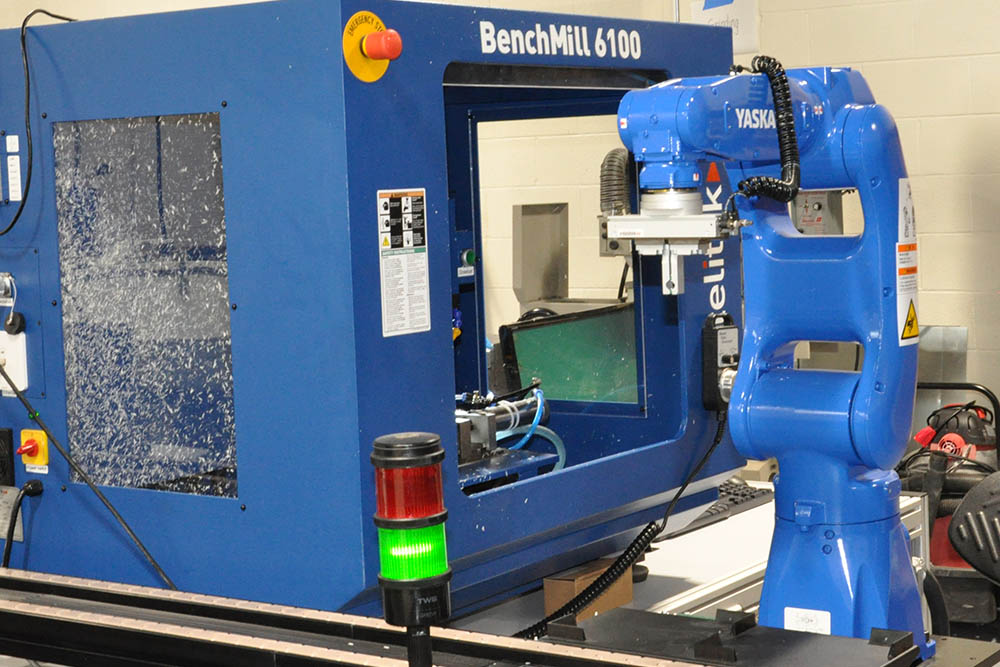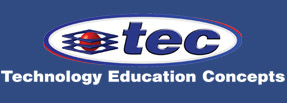Jobs in today’s modern economy demand more specialized training and education than ever before. As a result, employers are seeking to hire entry-level employees who have the basic skills and knowledge of the trade. This is where CTE comes in.
What is CTE?
Career and Technical Education (CTE) refers to a method of education that combines academics and career training to improve a student’s chances of success in today’s employment market. CTE prepares students for the workforce by exposing them to workplace competencies, applied in a real-world setting.
CTE programs cater to all students, whether you’re planning to take up a four-year course at a university, work part-time while attending community college, or join the labor market right after high school.
Is CTE the Same as Vocational Education?
If you thought CTE and vocational education are the same, you’re not entirely wrong. They are similar in a way, as they both aim to better prepare students for employment. CTE, however, is a step above the standard vocational training programs as it encompasses practically every industry.
CTE is more dynamic and far-reaching than vocational education and includes areas of studies related and relevant to bachelor’s and associate degrees. Modern CTE programs cover engineering, entrepreneurship, advanced manufacturing, health science, computer science media, culinary, arts, and a lot of other fields.
CTE as Pathway to Both College and Career
Generally speaking, CTE can help students like you in two ways.
-
- CTE allows you to pursue postsecondary education.
- CTE prepares you for the workforce.
Career and Technical Education is applicable to students of all levels. In fact, the earlier you engage in CTE, the better. It is important to note, though, that CTE is not a substitute for academic learning; rather, it supplements it by helping you develop essential skills well into adulthood.
All in all, CTE plays an important role in preparing students like you for success after high school, whether that success is in college or employment. These programs equip you with the knowledge, skills, and experience that employers value, so you can find rewarding careers in today’s more demanding labor market.
How CTE Benefits Students Like You
CTE is an important element to any educational institution because it provides a multitude of tangible advantages, not just to the students but to the school as well, and society as a whole.
Here’s how CTE can benefit students like you:
1. Explore Various Employment Opportunities
One out of three students change their major at least once, which can be traced back to the lack of career exploration opportunities in high school. Without career-focused education, many students do not know what a future career is going to be like or if it will be a good fit for them.
CTE pathways use contextual, applied learning to help you see the relevance of what you’re learning in school and how you can apply them in real life. The majority of CTE programs also utilize linked learning, collaborating with state and local businesses, so you can learn from the experts and have first-hand industry experience. This combination of academics and applied learning will allow you to explore your talents and interests in an interactive setting and help you understand what a certain career path would entail.
2. Develop Valuable Career Skills
CTE takes learning beyond the classroom, teaching theory first and then taking students to a setting where they can apply what they learned. Unlike traditional education, which is primarily concerned with knowledge and theory, CTE puts more focus on actual skills training and development. You not only get to learn things, but how to do them as well.
Acquiring technical skills is a vital aspect of career preparation. Using tools, taking measurements, handling equipment – these are the real work. And while learning about them in theory is good preparation, mastering them requires practice.
Along with “hard skills,” CTE programs also target career and college readiness goals by helping you cultivate “soft skills” such as teamwork, critical thinking, problem solving, and communication, which will be huge assets when you enter the professional world.
3. Earn Industry-Recognized Credentials
CTE programs are designed to meet the needs of the economy and the labor market. On top of skills development, CTE students can also earn industry-recognized credentials and certifications. Similar to a diploma or a degree, these credentials are a verification of your skills training that future employers may use to get an idea of your accomplishments and experience.
Earning certificates and credentials through CTE can give you a competitive advantage to jump ahead with your training or position you for gainful employment, should you decide to enter the workforce after high school.
4. Higher Graduation Rates
Most of the benefits listed here are geared towards long-term and career goals, but CTE can also have a significant, positive impact on your high school experience: students who take Career and Technical Education have a higher chance of graduating high school than their peers.
Many students drop out because they don’t see the value in what they’re learning and struggle to become involved and invested in their education. CTE programs, on the other hand, provide context between what you study in school and the real world, leveraging project-based education so you can comprehend the significance of what you are learning. This results in better engagement and higher interest among students, leading to lower drop-out rates.
5. Steppingstone to Higher Education
Career and Technical Education may assist students in gaining essential skills for employment, but it is often NOT the last stop in their educational journey. In fact, more than 75% of students who pursued a CTE course in high school went on to further their studies.
CTE will not only provide you with excellent education but also serves as a steppingstone in your journey to higher education. A lot of students use these programs to prepare for community college or university. Moreover, many high school CTE programs around the country offer dual credit, allowing students like you to earn high school and college credits at the same time, so you get a head start on your postsecondary education
Is CTE for You?
In a manner of speaking, CTE is a pedagogy that ignites student creativity and sense of possibility by contextualizing learning in real-world settings. It is perfect for students who have the desire to continue learning and develop essential skills for a successful career.
CTE positions students like you for success in a rapidly changing economy, molding you into life-long learners with the self-drive to continuously improve and grow professionally.
Guest Blog by Chris Cook

![]()
West-MEC’s Communication Director, Chris Cook, created a cohesive brand for West-MEC and leads all marketing efforts for the district’s Career and Technical Education programs. Cook paved the way for a change in the way Career and Technical Education districts market to their communities. He implements concepts, techniques and tools related to graphic design, video production, and other digital and integrated media applications.
























